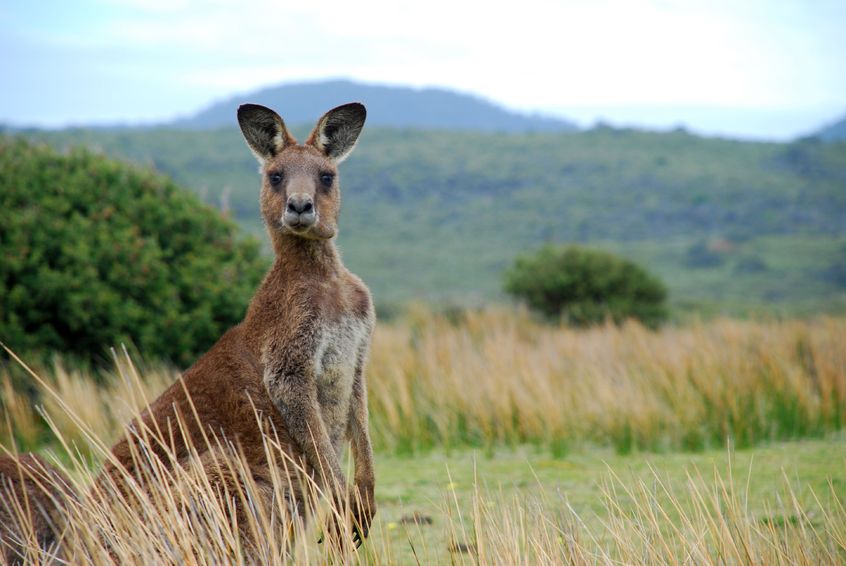Australian Citizens Fighting Potentially Harmful Honey Project
September 13, 2018
Residents in the small Western Australian town of Wadpole are pledging to fight off a scandalous proposal that has conservationists worried about its potential for damaging the area’s ecology and contaminating drinking supplies. Through a deal between ManukaLife, a honey producer, and a company simply called the Water Corporation, land in the possession of the Water Corporation, specifically about three blocks in Walpole’s water catchment zone, will soon be sprayed with the herbicide glyphosate in order to kill pasture and plant around 400,000 Manuka tree shrubs as a revegetation tactic.
Those who oppose the proposal worry that using glyphosate in Wadpole’s water catchment zone—and planting an exotic plant species near wilderness areas—could compromise the integrity of Walpole’s environment. This resolve was further hardened in the past week when a Water Corporation-hosted information session quickly turned heated and became a bit of a train wreck. During the three-hour confrontational hearing, residents and farmers challenged both ManukaLife and the Water Corporation to prove all efforts had been made to avoid negative environmental consequences in the project. In the end, representatives from both companies weren’t able convince the residents of their biosecurity measures.
The objective of the proposed project is to generate Manuka honey production via pollen from Manuka tree species, which are fairly common in southeast Australia but not Western Australia. Roughly 100 kilograms’ worth of glyphosate is required to strip-spray one fourth of the nearly 645-acre area. The trouble began when the farmers currently leasing the corporate-owned land were told to terminate their lease agreements and that their cattle would need to be removed in order to prepare the operation in several weeks.
This news prompted Walpole’s Biodiversity Protection Group to email questions over to the Water Corporation and ManukaLife, requesting a meeting and additional information before starting the project. According to Narelle O’Brien, the group convener, the glyphosate wouldn’t be sprayed blindly, “but 25 percent of those blocks will be sprayed, and they want to do that fairly soon apparently…The blocks are located in a drinking water catchment area, and there will almost certainly be run-off of glyphosate into the drinking water catchment."
Adrian Stewart, regional manager of the Water Corporation, says the meeting was robust, and he listened to the community's fears. "The community is really passionate about a number of things, and one of things is the use of herbicides, particularly glyphosate," Stewart said. "At this stage, glyphosate is still probably the most likely candidate in terms of use of herbicide, but we'll…see if there is anything better and see what our other options might be.”
Photo Copyright : solarseven


.jpg)



